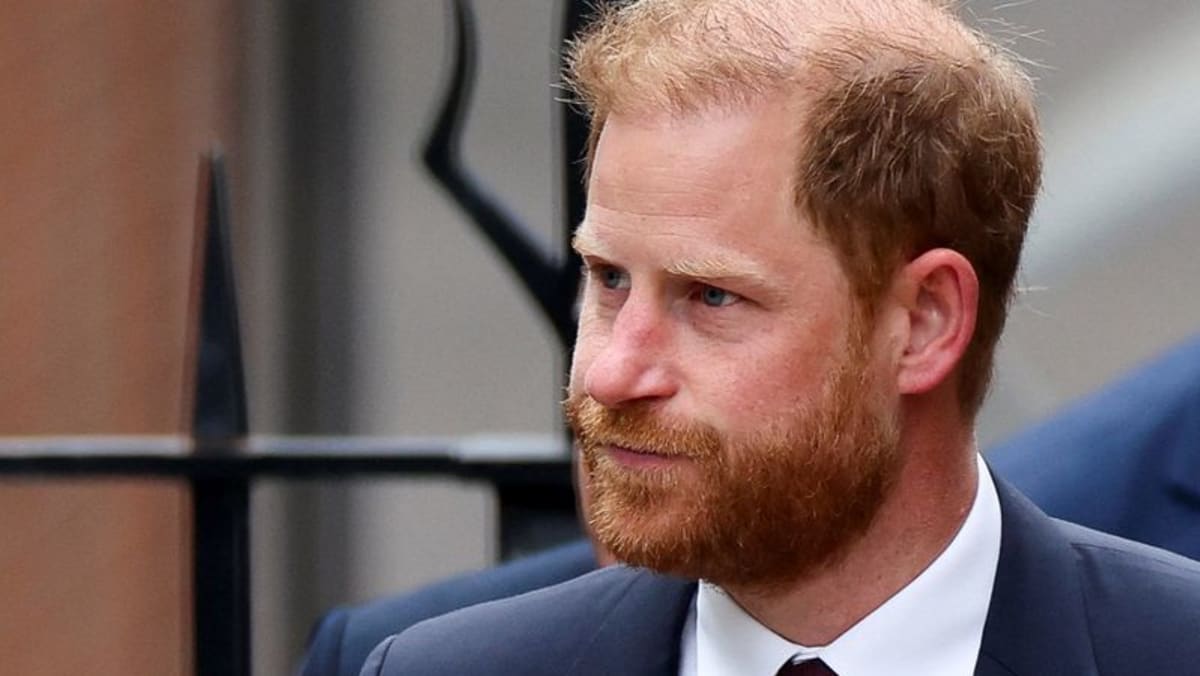Harry, King Charles’ younger son who has moved to the United States with his wife Meghan, had sought to overturn a decision by the Home Office, the ministry responsible for policing.
A specialist body decided in February 2020 that Harry would not automatically receive personal police protection while in Britain, which London’s High Court ruled lawful last year.
On Friday, that decision was upheld by three Court of Appeal judges who said that, while Harry understandably felt aggrieved, that did not amount to an error of law.
“Obviously, pretty gutted about the decision,” Harry, who now lives in California with Meghan and their two children, told the BBC.
“We thought it was going to go our way, but it certainly has proven that there was no way to win this through the courts.”
He added: “My status hasn’t changed – it can’t change. I am who I am, I am part of what I am part of, I can’t escape that.”
Judge Geoffrey Vos said in the court’s ruling that Harry’s lawyer had made “powerful and moving arguments” about the impact of the security change.
“It was plain that the Duke of Sussex felt badly treated by the system, but … I could not say that the Duke’s sense of grievance translated into a legal argument for the challenge to RAVEC’s decision,” he told the court.
Harry, 40, attended two days of hearings in April, when his lawyer told the court that he had been singled out for different, unjustified and inferior treatment.
